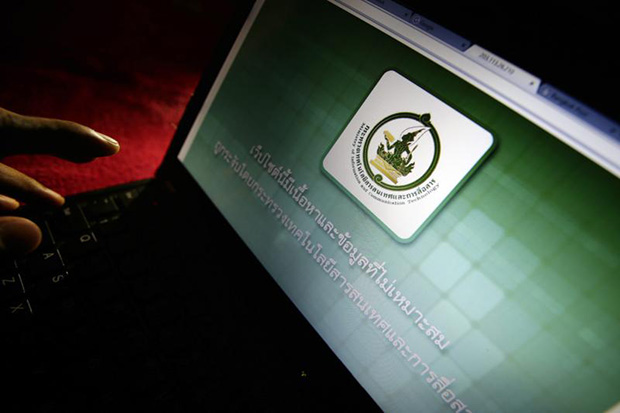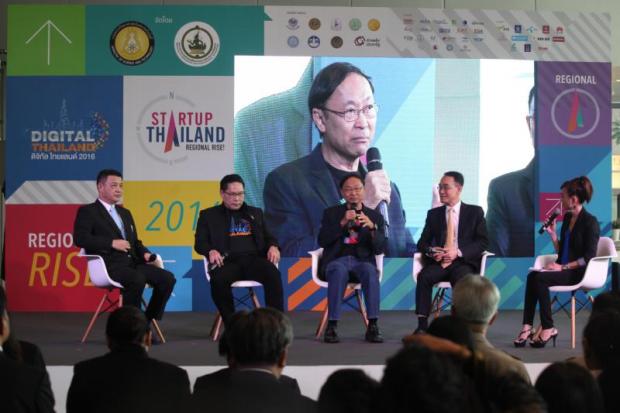
Information and Communication Technology (ICT) Minister Uttama Savanayana has admitted the government plans to create a single international internet gateway to share digital infrastructure with interested companies.
The planned gateway will not invade personal data or violate people's rights to access public information, he said on Thursday.
The project has been widely criticised on social media that it may violate people's basic rights to access public information.
The concept is aimed at creating a new gateway as a main connection point of internet traffic in the country to facilitate the digital economy. The nine existing gateways owned by state enterprises and private companies will not be dissolved, he said.
"The government will not order any company to share its gateway facilities but will ask for voluntary access to the gateway," Mr Uttama said.
The ICT Ministry is now studying all related factors before implementing the plan. However, it did not set a time frame for when the single gateway would be implemented.
"The planned single gateway is to serve basic economic needs, not for national security purposes," he said.
Mr Uttama said there was much public misunderstanding about the project and discussions with private and public sectors are needed to clear up the confusion.
"The government is not trying to control access to information like communist countries," Mr Uttama said.
Wanchai Vach-shewadumrong, deputy managing director of Internet Thailand, a leading internet service provider, said the government should not implement the single gateway policy as it would not be practical and transparent.
"It will lead to strict control of the country's internet traffic similar to what the Chinese government is doing," he said.
Instead, he said policymakers could order all international internet gateway providers to cooperate to filter or block any content or any internet traffic that will pose a threat to national security. If service providers do not cooperate, the government can revoke their licences.



